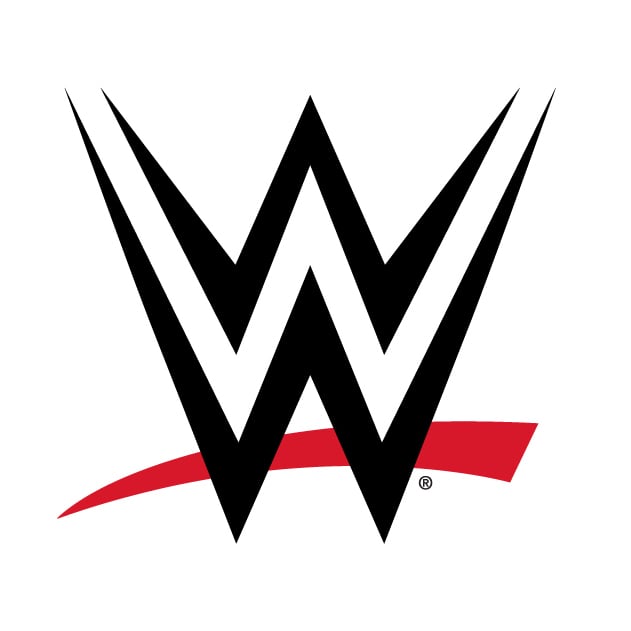
Many talents within WWE had expressed frustration over the double standard of The Rock using adult language in his promos despite the company’s PG guidelines.
Despite a recent memo from top executives reminding talent to follow the guidelines, The Rock continued to do the opposite. It looks like WWE will allow top talent to push the envelope with language.
In the latest edition of the Wrestling Observer Newsletter, Dave Meltzer reported, “From not that many weeks ago where talent was told to stay PG, it appears due to Dwayne Johnson, that’s not only out the window for him since he can do what he wants, but also for at least the top talent, even to the point where Paul Heyman did a suck my dick (bleeped out of course) during his Hall of Fame speech and Rock says what he wants when he wants, and we’ve seen examples of Rhodes and C.M. Punk being able to say things that two months ago would not have been allowed. The fact is that there has been a continuation of a change that has been going on for some time, and really noticeable back in August, of a much younger television audience for the shows, but far greater this past week as compared to last year, indicates from a business standpoint it’s working. We were told that everything is up in the air as far as going forward as there is a recognition that going farther in this direction will draw a younger audience, as it did 25 years ago, but they also want to not be in a position where sponsors are squeamish so it’s a balancing act. But if Rock doesn’t have 100 percent carte blanche to do what he wants, he has at last close to that.”
In recent times, there has been a growing frustration among WWE talents regarding the double standard of The Rock using adult language in his promos despite the company’s PG guidelines. However, despite a recent memo from top executives reminding talent to follow the guidelines, it seems that WWE is allowing top talent to push the envelope with their language.
According to Dave Meltzer’s report in the Wrestling Observer Newsletter, there has been a noticeable shift in WWE’s approach to language in recent months. While talent was previously instructed to stay within the boundaries of a PG rating, it appears that this rule no longer applies to top talent like The Rock. Meltzer stated, “From not that many weeks ago where talent was told to stay PG, it appears due to Dwayne Johnson, that’s not only out the window for him since he can do what he wants, but also for at least the top talent.”
This change in approach is evident in instances where top talents like Paul Heyman have used explicit language during their Hall of Fame speeches. Heyman’s comment, although bleeped out, shows that WWE is now more lenient with their language restrictions. Additionally, wrestlers like Cody Rhodes and C.M. Punk have been able to say things that would not have been allowed just a few months ago.
The reason behind this shift in policy seems to be WWE’s recognition of a changing demographic. There has been a noticeable increase in younger viewership for WWE shows, particularly in recent months. This trend indicates that the company’s decision to allow more explicit language may be attracting a younger audience, similar to what happened 25 years ago.
However, WWE is also cautious about not alienating sponsors or making them uncomfortable with the content. It is a delicate balancing act for the company to draw in a younger audience while still maintaining its relationships with sponsors. Therefore, while The Rock may have significant freedom in his promos, it is likely that there are still some limitations in place to ensure WWE’s business interests are protected.
Overall, the recent shift in WWE’s language guidelines reflects the company’s desire to adapt to a changing audience and attract younger viewers. While there may be some concerns about sponsors’ reactions, it seems that WWE is willing to take calculated risks to achieve its goals. As the wrestling landscape continues to evolve, it will be interesting to see how WWE navigates this balancing act between creative freedom and corporate responsibility.
